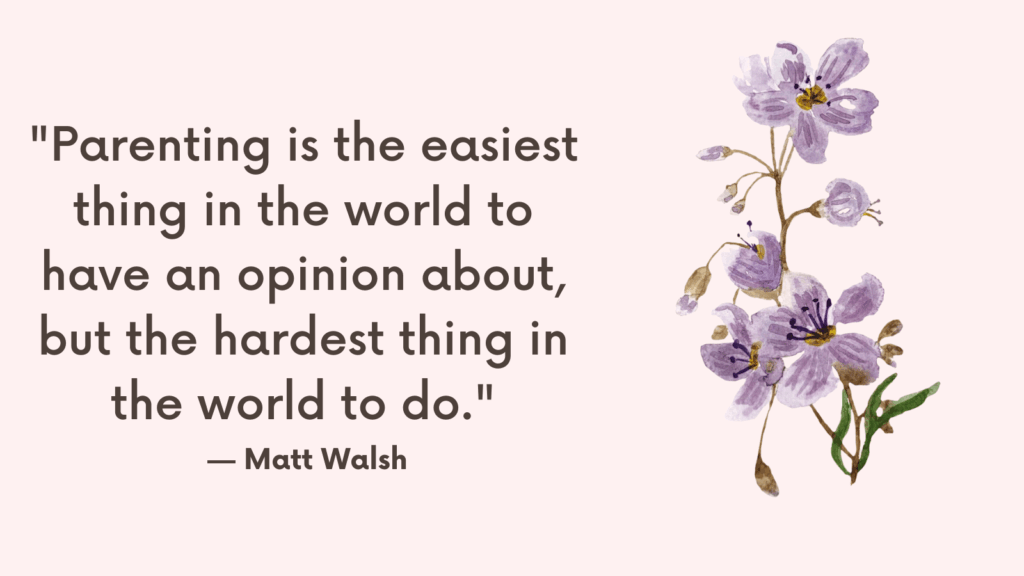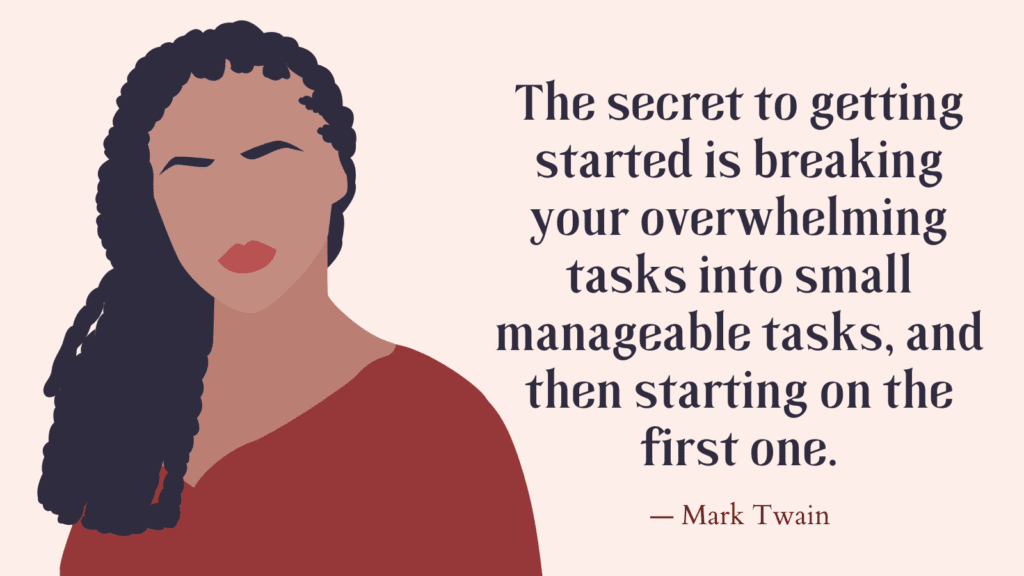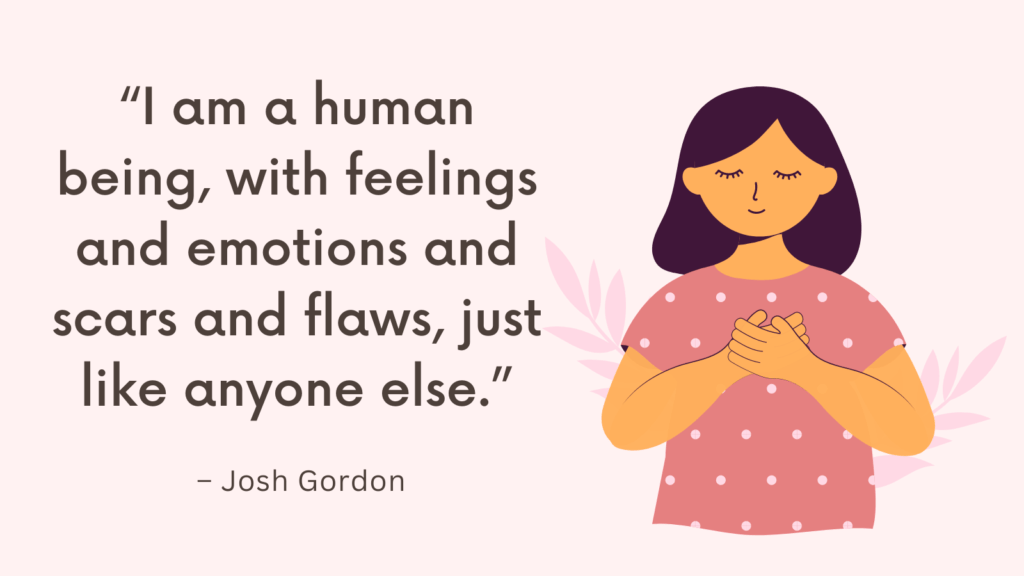Today, you’re going to learn how to deal with ADHD child without meds.
Attention Deficit Hyperactivity Disorder (ADHD) is a disorder that affects a high proportion of individuals in our society.
In fact, in USA alone, there are 6.1 million children diagnosed with ADHD, according to a national 2016 parent survey. (1)
Without diagnosis and proper treatment, children suffer and develop significant emotional problems.
Unfortunately, children are often misdiagnosed or diagnosed later than they need to be.
Such disorder can be debilitating and parents and teachers need practical help in learning how to deal with their children and the stressful family life.
- What is ADHD?
- Difference Between ADD and ADHD
- 14 Symptoms of ADHD
- Causes of ADHD
- What Is The Treatment For ADHD In Children?
- How To Deal With ADHD Child Without Meds?
- How to Help Your Child Succeed in School?
- How to Help Your Child At Home?
- Coping Strategies for Parents
- Explaining ADHD to Children
- Will My Child Outgrow ADHD?
What is ADHD?
Attention deficit disorders (ADD) with or without hyperactivity.
ADHD are neurological disorders. It is frequently associated with difficulties in behavior and other learning disabilities.
Difference Between ADD and ADHD
ADHD is the official, medical term for the condition — regardless of whether symptoms of hyperactivity are present.
ADD is a now-outdated term that is used to describe inattentive-type ADHD.
14 Symptoms of ADHD
Not all children who have trouble concentrating have an attention disorder. (*)
To diagnose the disorder it is necessary for at least eight of the following features to appear before age seven and last for at least six months:
- Has difficulty maintaining attention.
- Easily gets distracted.
- Plays with objects within reach, seems restless, and has difficulty staying seated.
- Lets out the answers abruptly, and is very impulsive.
- Gets frustrated easily.
- Has difficulty organizing, loses things frequently.
- Has difficulty following instructions and respecting rules.
- Jumps from one task to another without completing them.
- Has difficulty playing quietly and calmly.
- Talks excessively.
- Interrupts other people or meddles in other people’s affairs, often lacking in social skills.
- Does not seem to listen or concentrate.
- Undertakes risky activities, acts before he thinks.
- Is often brilliant but its performance is below average.
What To Do If You Suspect That Your Child Has ADHD?
If you suspect that your child may have ADHD, it is necessary to seek adequate diagnostic assessment both at a medical (neurologist / neuropediatric) and psychopedagogical level, in order to have appropriate treatment, both at an individual, educational and school level.
Causes of ADHD
Scientists are not sure what causes ADD, but many studies suggest that genes play an important role. (*)
In addition to genetics, researchers are trying to find possible environmental factors that might contribute to the development of ADHD.
Some studies suggest that there is a potential link between tobacco and alcohol use during pregnancy and in ADHD.
Other studies show that having elevated blood lead levels in early childhood, which is sometimes found in pipes or paint in older buildings, raises the risk of developing ADHD in children, with boys being especially vulnerable.
What Is The Treatment For ADHD In Children?
There is no specific cure for ADHD, but there are many treatment options available. (*)
Treatment of ADHD is multidisciplinary that may include pharmacological treatment, prescribed and supervised by the neuropediatrician or specialist doctor, and psychoeducational intervention.
Psychoeducational intervention includes: training in cognitive skills, social skills, reasoning, attention training, literacy, and guidance to families and educators.
It is also important to explain to the child what is happening to him/her in order to improve his/her self-esteem and confidence.
How To Deal With ADHD Child Without Meds?
How to Help Your Child Succeed in School?
Symptoms of ADHD, such as inability to pay attention, difficulty sitting still and controlling impulses, can make it challenging for children with ADHD to do well in school.
To meet the needs of children with ADHD, schools can offer ADHD treatments, such as classroom behavior management or organizational training.
The Classroom Behavior Management – promotes positive behaviors of students in the classroom, through a reward system or a daily report card, and discourages their negative behaviors.
This is a teacher-led approach that aims to influence student behavior by increasing their academic engagement.
Organizational Training – teaches children time management, planning skills, and ways to keep school supplies organized in order to reduce distractions and optimize learning.
You can talk with your child’s healthcare provider and teachers to work together to support them.
Other options to help your child succeed in school involve
* Special education services – such as
- individualized education program (IEP) to meet the unique needs of the child or
- a 504 Plan that provides services and changes in the learning environment to meet the child’s needs as well as other students.
Read More: The Difference Between IEPs and 504 Plans
* Adaptations to reduce the effects of ADHD on learning – including:
- Additional time for testing;
- Instructions and assignments adapted for the child;
- Breaks or time to allowing the child to get up and move;
- Changes in the environment to limit distractions; and
- Extra help to stay organized.
CDC funds the National ADHD Resource Center (NRC), a program of Children and Adults with ADHD that provides resources, information, and advice for parents on ways to help their child.
How to Help Your Child At Home?
Some of the following suggestions can help your child thrive at home.
1. Show Your Child A Lot Of Affection.
Children need to hear that they are loved and cared for. Focusing on the negative aspects of your child behavior isn’t likely to make him change and would negatively affect his self-esteem and confidence. Instead, look for positive behaviors and compliment your child regularly.
2. Find Ways to Improve Self-Esteem.
Encourage your child to do activities that interest him. Children with ADHD often do well with art projects, music or dance, or martial arts.
Nurturing his talents and interest will help build his self-esteem.
3. Make Your Words And Demonstrations Simple.
Make eye contact with your child, speak slowly and be very specific when giving any demonstrations or directions you give your child.
4. Identify Difficult Situations.
Identify situations that are difficult for your child, such as waiting in lines, shopping in malls, unorganized room, etc. Avoid these situations where your child can feel too overwhelmed.
5. Use Time-Outs Or Appropriate Consequences For Discipline.
A firm, loving discipline should reward good behavior and discourage negative ones.
Use time-outs to interrupt and discourage out-of control behavior. Make sure waiting times are relatively short, but long enough for your child to regain control.
6. Teach Him Organizational Skills
Helping your child organize his environment will eliminate distractions and improve his focus. Help your child store objects in his room in clearly marked spaces and help him keep his desk clear every time he finishes his home works or projects.
7. Try To Keep A Regular Schedule For Meals, Naps, And Bedtime.
Children with ADHD struggle to accept and adjust to change. Use a calendar to mark upcoming activities and daily tasks and warn your child of sudden transitions from one activity to another.
8. Encourage Social Interaction.
Help your child learn social skills through modeling and rewarding positive interaction with hi peers.
Examples of social skills to work on include:
- Smiling,
- Greeting,
- Doing favors and helping,
- Cooperating,
- Sharing,
- Joining the game,
- Starting, maintaining and ending conversations,
- Expressing and receiving emotions,
- Knowing how to defend rights and opinions assertively, and
- Identifying and solving problems.
9. Adopt Healthy Lifestyle Habits.
Fatigue often makes ADHD symptoms worse. Make sure your child is well rested. Balanced diet and regular exercise can also have a positive effect on your child’s behavior.
10. Yoga or meditation.
Regular yoga routines, meditation and relaxation techniques can help your child relax and control his impulses better, which can help reduce his ADHD symptoms.
Coping Strategies for Parents
11. Keep Calm And Set A Good Example.
Try to remain patient and in control, especially if your child is out of control. That will set the example for your child. If you speak calmly, your child is more likely to calm down as well.
Using stress management techniques will help you reduce your stress levels.
12. Take Time To Enjoy Your Child.
Spend more time with your child. Appreciate the parts of your child’s personality that are not so difficult and accept him as a whole.
Children and adults with ADHD often have these characteristics:
- Energetic
- Spontaneous
- Creative
- Persistent
- Innovative
- Accepting and forgiving
- Ready for action
- Adventurous
- Resilient
- Observant
- Full of ideas
- Enthusiastic
- Outgoing, gregarious
- Optimistic
- Charismatic
- Good sense of humor
- Playful
- Able to find novel solutions
- Good in crisis situations and thinking on their feet
- Talented in certain skills and areas (artistic, musical, athletic)
- Know how to live in and enjoy the present
- Are never boring
13. Take A Break.
Don’t feel guilty about having time for yourself away from your child from time to time. You are a better parent when you’re relaxed and well rested. Ask for family and friends for help.
Make sure that any babysitters or other caregivers are mature enough and knowledgeable about ADHD.
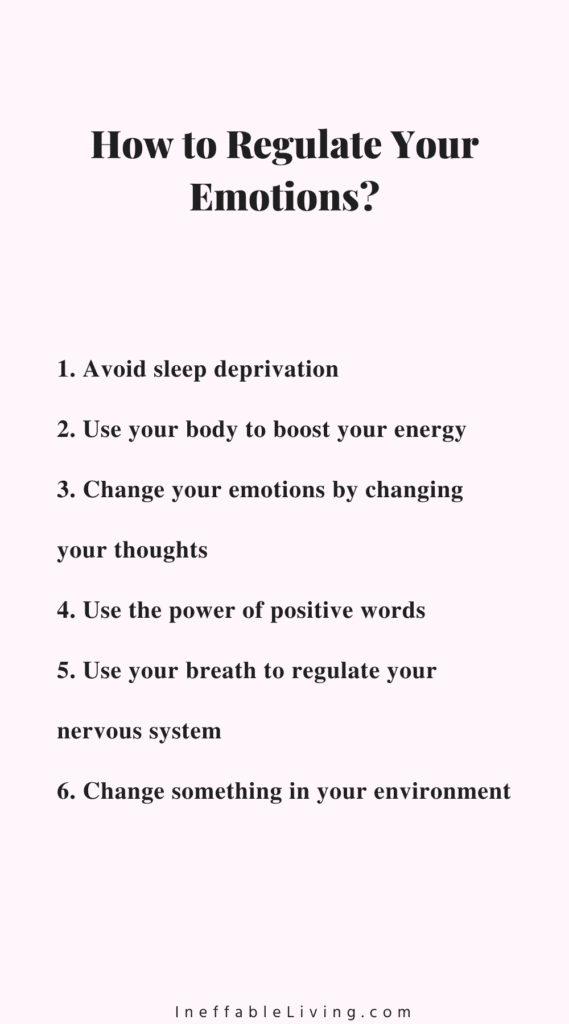
Explaining ADHD to Children
The suggestions below are means to help parents and teachers to explain ADHD to children:
14. Tell The Truth.
Don’t just hand your child a book or send him to a professional for an explanation.
Educate yourself about ADHD, then put what you have learned into your own words – words that your child can understand. At the same time, make sure you use an accurate vocabulary because your child will carry the explanation you give him as he grows up.
15. Answer Questions. Ask For Questions.
Don’t be afraid to say you don’t know when asked a question you cannot answer. Educate yourself continually and find answers for your child.
Books by professionals who deal with ADHD are good resources of information.
16. Reassure Your Child.
Explain to your child that having ADHD symptoms doesn’t make him or her stupid, retarded, defected, etc.
17. Give Examples Of Positive Role Models.
Look up for successful people with ADHD to show them as a positive role model to your child.
18. If Possible, Let Others Know The Child Has ADHD.
If possible, let theothers in the classroom or the extended family know. The message here is that there is nothing to hide, nothing to be ashamed of.
19. Caution the Child Not To Use ADHD As An Excuse.
Explain to your child that ADHD should be an explanation for what’s going on and not an excuse. He or she still have to take responsibility for their own action.
20. Educate Others.
Spread the knowledge and educate the other parents and children inthe classroom and in the family. There is a great deal of ignorance and misinformation about ADHD. Proper education can help make the experience of your child more positive.
21. Coach The Child On How He Might Answer Questions Other People Might Have, Especially Peers.
A great way to help your child explain this to other people is by role-playing a scene where a peer is teasing your child in order to anticipate and deal with such a problem in advance.
Will My Child Outgrow ADHD?
In most cases, ADHD continues into adulthood.
However, by developing their strengths, structuring their environments, and using medications when necessary, adults with ADHD can reduce and manage their ADHD symptoms and lead very productive lives.
What’s Next? Living Well With ADHD: 38 ADHD Self-Help Strategies for Adults
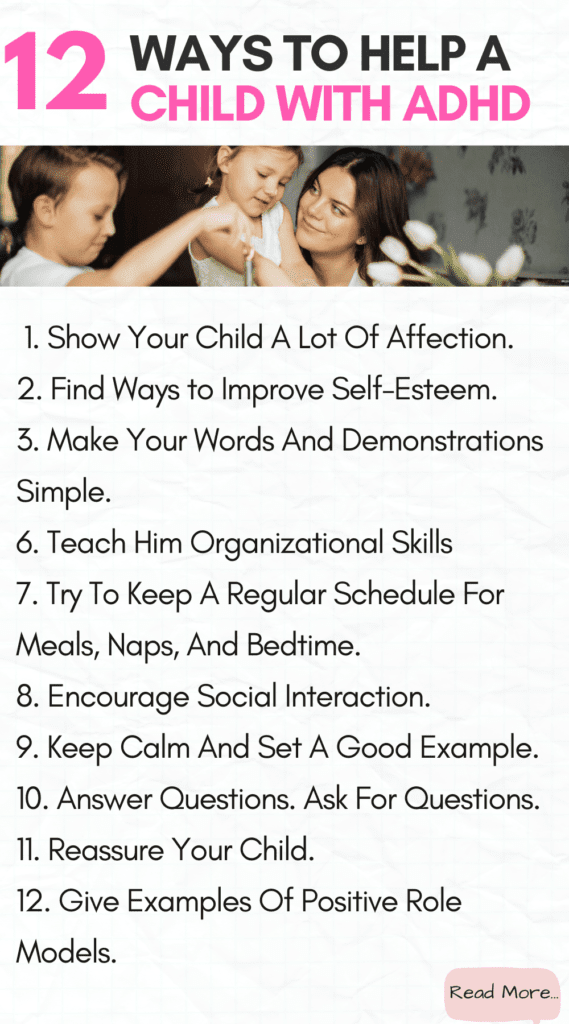
Resources
- Portions of this article were adapted from the book Attention deficit: Diagnosis and treatment for children and adults with ADD and ADHD, © 2020 by John ruwart. All rights reserved.
- Portions of this article were adapted from the book Driven to Distraction: Recognizing and Coping with Attention Deficit Disorder from Childhood Through Adulthood, © 1995 by Edward M. Hallowell, M.D. and John J. Ratey. All rights reserved.
- What is ADHD? | CDC
- ADHD (Attention Deficit Hyperactivity Disorder): What Is It? (healthline.com)
- Psychiatry.org – What is ADHD?
- Attention deficit hyperactivity disorder (ADHD) – Symptoms – NHS (www.nhs.uk)
- NIMH » Attention-Deficit/Hyperactivity Disorder (nih.gov)
- Research on ADHD | CDC
- ADHD: Latest Research (webmd.com)
- ADHD (for Parents) – Nemours KidsHealth
- NIMH » Attention-Deficit/Hyperactivity Disorder in Children and Teens: What You Need to Know (nih.gov)
